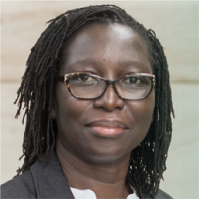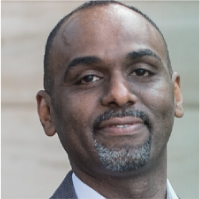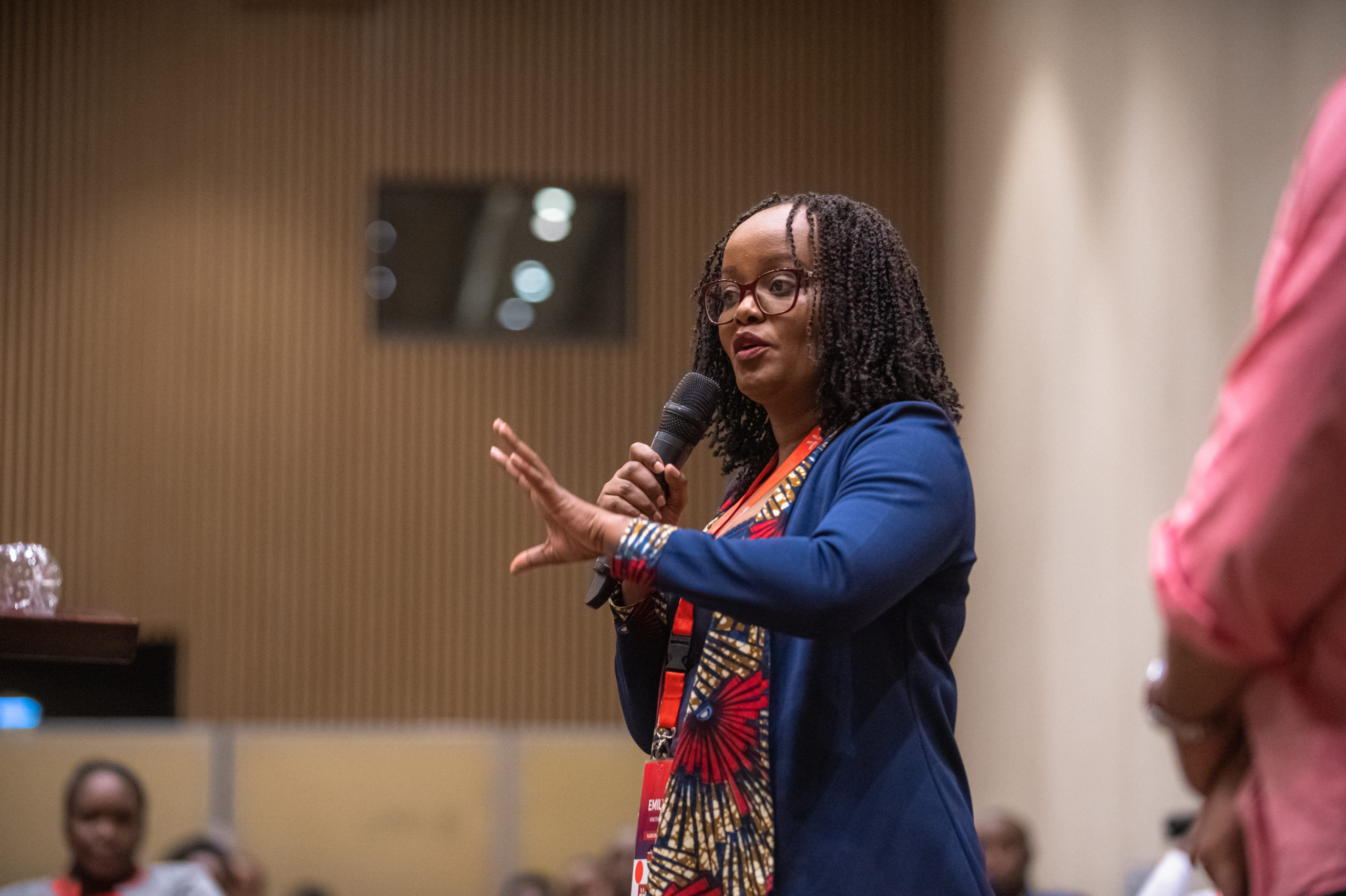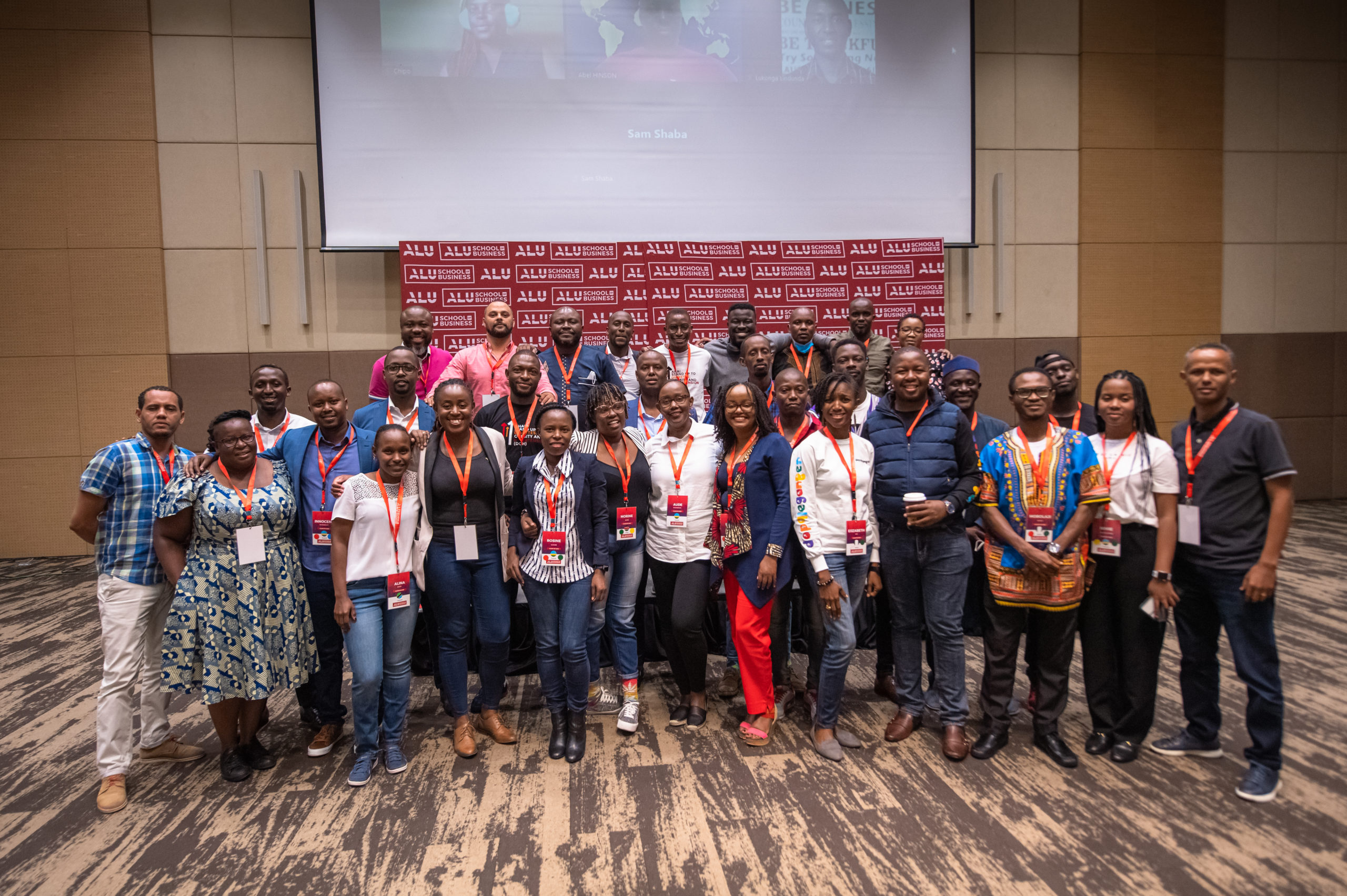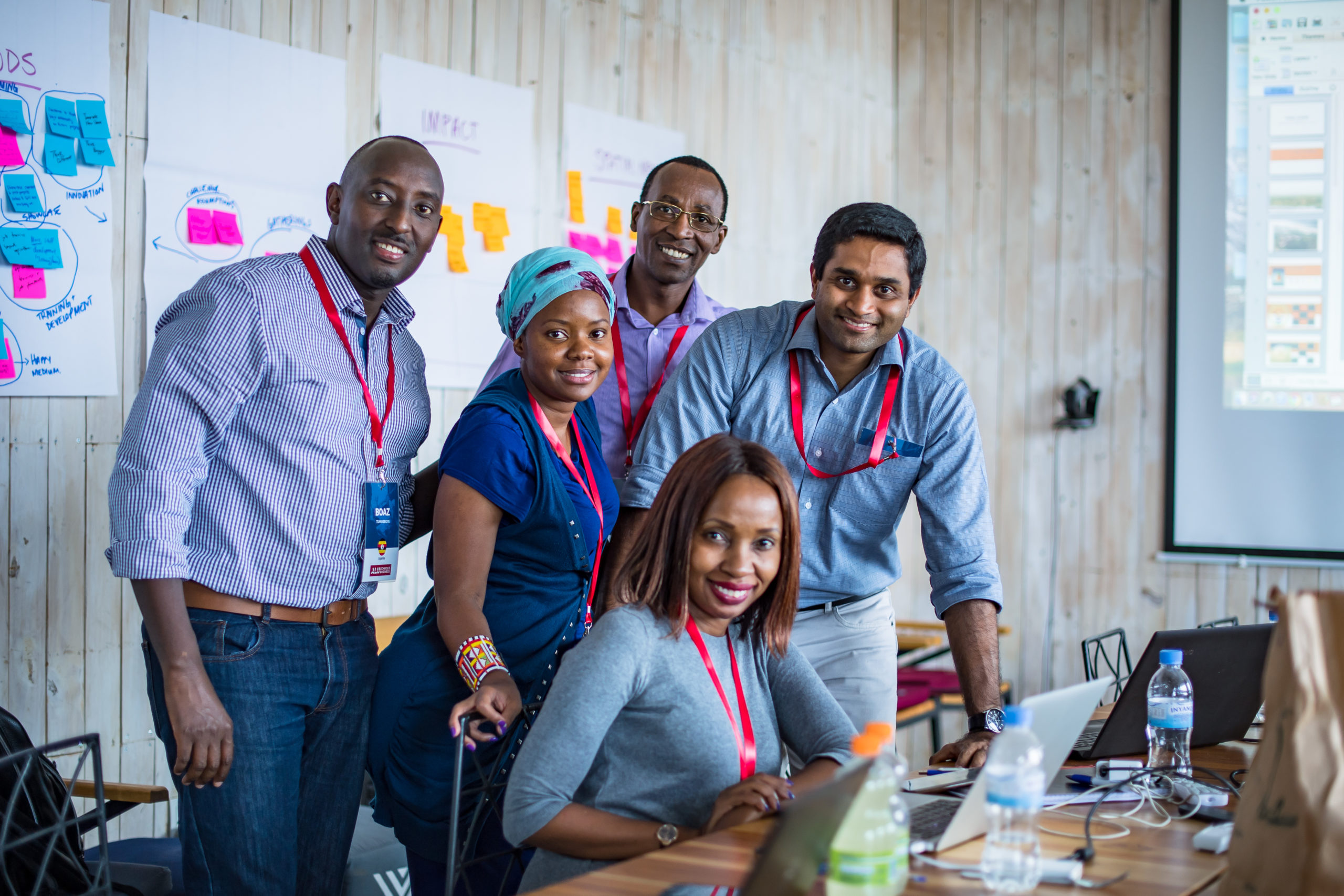Susan Botha, also known as Santie, was the Chief Marketing Officer of MTN, the African mobile phone giant, and is credited for having built its powerful brand across Africa. Prior to MTN, she served as CMO of ABSA Bank (now Barclays Africa). At 48, she became the chancellor of the Nelson Mandela Metropolitan University in Port Elizabeth – the youngest chancellor in South Africa. She serves on the board of Tiger Brands Limited and Famous Brands. She is a South African marketing pioneer who played a role in the success of the 2010 World Cup as head of marketing at FIFA sponsor MTN. Botha holds a degree in economics from Stellenbosch University. She joins ALUSB to teach marketing in the EMBA programme.
What is your vision for the programme?
The ALUSB EMBA will become the benchmark for EMBA programmes for people that want to do business on the continent. The differentiating factor here is that ALUSB is providing both a world-class EMBA, but one that has an African perspective, which makes it unique and one-of-a-kind.
What will your focus be with respect to curriculum/what you will teach?
My particular contribution will be in the area of Marketing. I will help students understand how to build a brand with a global objective, leveraging some of the concepts that have been developed around the term glocal. I’ll explain how to capture the imagination of consumers across the continent in order to create a truly pan-African business. I’ll be looking to build a leadership core and pride in what makes Africa unique, helping students tap into that potential and chart the future.
What should people look forward to in your class?
My experience. I have learnt the lessons in my career in terms of the dos and the don’ts. I’ve built things and have experience in terms of what works and what doesn’t work. I know about nuances based on country differences. People look at Africa as one place, but it is culturally diverse. Once you have pan-African ambition and you make it aspirational for all, it’s amazing what you can do across the continent with messaging and unique solutions for the African consumer.
How will you be incorporating a pan-African element within the standard EMBA curriculum?
In terms of my experience, every country on the continent is completely unique. There are also similarities, particularly in terms of the youth, from an aspirational perspective. From a marketing and consumer point of view, one needs to think about solutions for the market, all the way from the bottom of the pyramid right to the very very top. That’s how you need to think. Africa is very unique in terms of what to do and how to do it quickly, and discerning which markets move faster than other markets.
Why do you think an EMBA is important for African business leaders looking to make an impact, in their careers and on the continent?
An EMBA, whether you have specialized in a particular area of business, stands anybody in good stead; it covers all the spheres of business. Then you have an EMBA with a particular bias towards doing business on the continent. Big growth is expected from the continent over the coming decades. An EMBA enables people to do so much more, particularly if it’s taught by people that have got the experience in terms of what works and what doesn’t work.
How has your career prepared you to impart knowledge, in terms of specific insights into the business landscape in Africa?
I worked in Europe for Unilever for a long time (FMCG) in England and Holland. I also worked for ABSA where we merged brands from different backgrounds and cultures. It was a very complex exercise that took place in South Africa in the late nineties and early 2000s. I subsequently joined MTN in 2003. We built a pan-African business, including the Middle East. There were many firsts. We were the first African sponsor of the FIFA World Cup & the Africa Cup of Nations. At the end of 2010, the MTN brand was listed among the top 100 global brands in the world, the only one included from Africa. It took 10 years of effort to build the MTN brand to get it there. Based on this experience, I can add value to the ALUSB EMBA programme.
What is the greatest challenge to business growth in Africa? How do you expect ALUSB to prepare young business leaders to tackle this challenge?
I think it’s an attitudinal shift, really. Rather than starting with the challenges, let’s see what opportunities there are out there to address these challenges. Anything is possible. You can list the challenges we face in Africa, in terms of infrastructure, government, etc. But at some point, you have to say, if those are the challenges, let’s see what the potential solutions are, and who might be able to assist in helping overcome these challenges.
Who are the African leaders you admire the most and why?
I really admire Paul Kagame, in terms of what he has done, not only as the leader of Rwanda, but in making Rwanda an investment destination. He is a benchmark for what leadership in Africa should be about. I admire what Safaricom has done in Kenya both from a mobile network point of view as well as money transfer, and how they’ve enabled the population to operate electronically without infrastructure. I also admire what MTV Africa has done under the leadership of Alex Okosi, making the world-famous television network appropriate and aspirational for the continent. Finally, I admire all the entrepreneurs and unsung heroes that a lot of people don’t know about but who have a huge impact on communities. The whole movement of social entrepreneurship is something we should encourage and support because that’s what changes people’s approach to life and the future. I’d like to see more emphasis on social enterprises because of the impact they can make.
Read more about the 2010 Businesswoman of the Year here, and pick up some tips from her on time management for maximum effectiveness.

